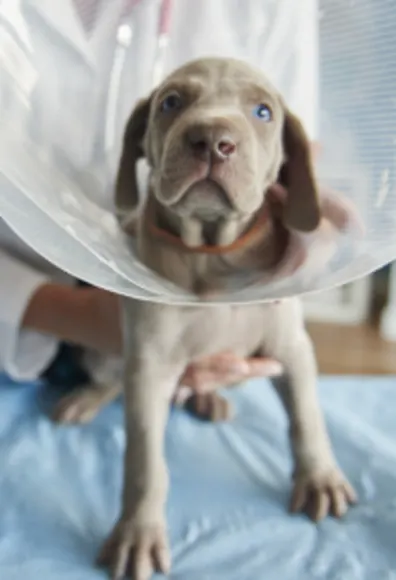Skip NavigationSkip to Primary Content




Why Choose Us?
Compassionate & Trained Doctors
With over 30 combined years of medical and surgical experience, our dedicated doctors will provide the very best care for your pet. With specialized areas ranging from internal medicine to orthopedic and soft tissue surgery, they can address all your pet’s health care needs. Our knowledge and compassion are second to none.
Serving the Community Since 1980
Devoted to Your Pets Health
Active in the Gettysburg Community
Caring & Compassionate Vets & Staff

Get Started with Your Pet Portal
To manage your pet's health easily, use the Pet Portal to:
Check health records
Request an appointment
View medication schedules
View vaccination history
Upload photos of your pet
Update your account information
Check your pet's vaccination/medical service status
Client Testimonials & Reviews
Our staff at Confederate Woods Veterinary Hospital values feedback from our clients. Here is just a small sample of the hundreds of happy and healthy pets that we have cared for since 1980.






